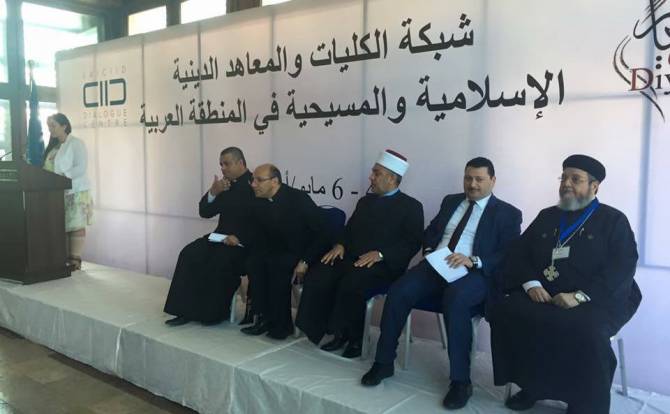Amman – The first permanent liaison network between Islamic and Christian university institutions and centers in the Arab countries has just been inaugurated in Amman. The initiative took place during the conference promoted from May 3 to 6 in Amman by the Kaiciid International Dialogue Center and the Diyar Consortium.
The crucial role of university institutions in countering or fomenting the manipulations of theological and doctrinal content has long been called into question by the work of political leaders and analysts who are questioning how to get out from sectarian conflicts that torment the region. In order to agree on collaboration strategies, Diyar and Kaiciid gathered representatives of Islamic and Christian academic institutions located in Arab countries to try to promote religious education pathways open to cultural pluralism and sensitive to the promotion of the common good and of citizenship rights.
The network now includes 15 university academic institutions based in 9 Arab countries, including the College of Sharia and Islamic Studies (Qatar), the Law School of the University of Jordan, the Dominican Institute for Oriental Studies (in Cairo), the Department of Religious Studies of Notre Dame University (Lebanon), Ez-zitouna University (Tunisia), Abdullah bin Yassin Islamic University (Mauritania), the Evangelica Theologica Seminary of Cairo. Representatives of the present institutions have planned a three-year program of meetings and working sessions to develop the guidelines outlined during the days of the conference.
Officially inaugurated on November 26, 2012, the Kaiciid Center is based in Vienna, Austria. Founded by Saudi Arabia, Spain and Austria, with the Holy See as a founding observer body, it includes Christian, Buddhist, Hindu, Jews, and Muslim representatives.
Diyar Consortium is an ecumenical organization, promoted by Lutheran Christians, founded in Bethlehem in 1995 and engaged in programs for the most vulnerable sections of the Palestinian population.
Source: Fides News






